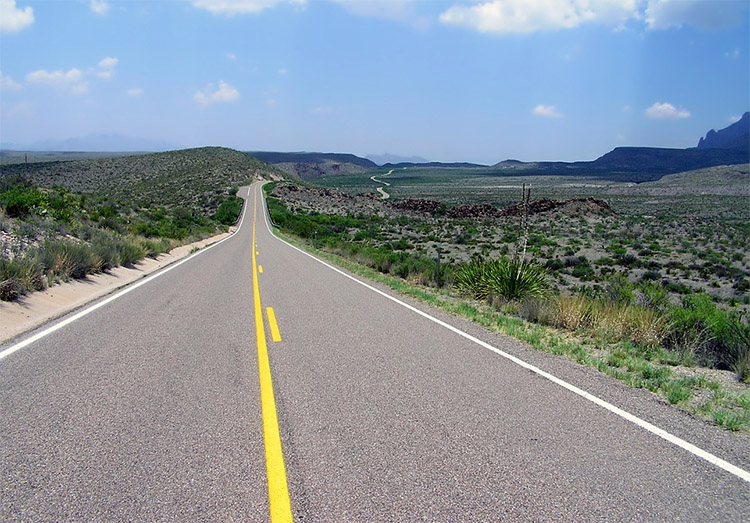Vehicle platooning to be trialled on UK roads
Following a government funded feasibility study, the Transport Research Laboratory (TRL) has been awarded a contract worth £8m to trial vehicle platooning on the UK’s roads.
Platooning, which has already been trialled in Germany, Sweden and the US, allows lorries to travel in formation with the driver in the lead vehicle wirelessly controlling braking and acceleration of the whole convoy (up to a maximum of three vehicles in the UK trial), via radar, GPS and WiFi. This allows the other vehicles to be driverless, while the close following distance helps to reduce aerodynamic drag, thus improving fuel efficiency.
Roads minister Paul Maynard announced the funding for a pilot scheme during a visit to DAF Trucks’ Leyland truck plant in Lancashire. “We believe this system has the potential not just to save fuel and therefore emissions, but also to reduce congestion on our roads,” he said.
Some motoring organisations such as the AA, have raised safety concerns however, stating that the road network in the UK is not as suitable for platooning as the long, deserted highways in parts of the US for example. Plus Britain’s motorways are some of the most congested in the world, have multiple exits and entries, with stop-start traffic and vehicles jostling for position. They claim that this could lead to obscured road signs and block access to slip roads.
Edmund King, president of the AA, said: “That means either the platoon would have to break up at entries or exits, or indeed, pull over, and that could cause problems for drivers in other cars trying to get on or off the motorway.

Above: This is a scene that rarely greets UK motorists
“A three-truck platoon is longer than half a Premier League football pitch. We all want to promote fuel efficiency and reduced congestion but we are not yet convinced lorry platooning on UK motorways is the way to go about it.”
The TRL has stressed that it has the ‘practical and technical knowledge’ to put the convoys on the roads safely, and that the trial will not only provide valuable insight into the feasibility of the technology, but will also allow data gathering on the behaviour of the platoon driver and other road users. It should also be stated that although other vehicles in the platoon trial will be autonomously controlled, they will not, in essence, be driverless.
There will be drivers sat at the wheel of each vehicle who will be able to take control in the event of an emergency, and enter or leave the platoon if necessary. They will be equipped with monitors that will show the lead drivers view in order to keep them in the information loop.
Transport minister Paul Maynard said: “We are investing in technology that will improve people’s lives. Advances such as lorry platooning could benefit businesses through cheaper fuel bills and other road users thanks to lower emissions and less congestion. But first we must make sure the technology is safe and works well on our roads.”
Initial trials will take place on test tracks, with road trials to commence before the end of 2018.





